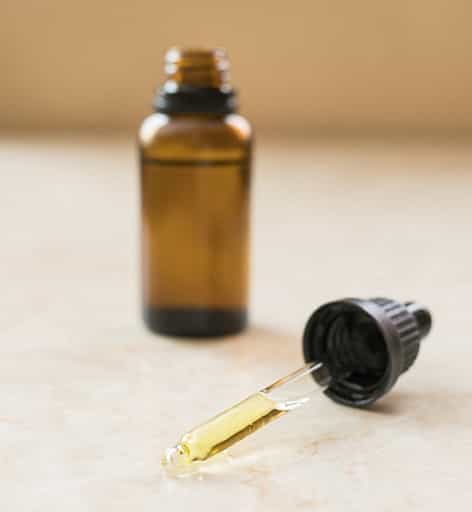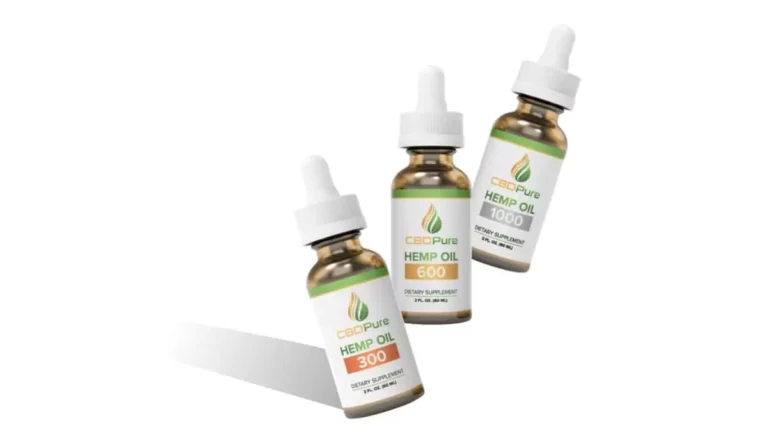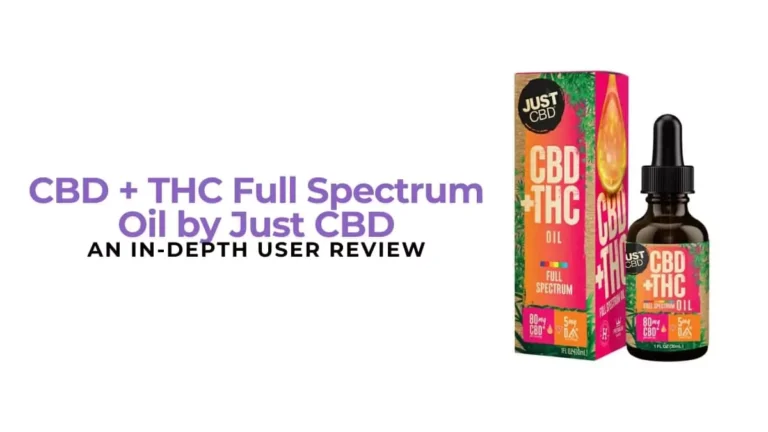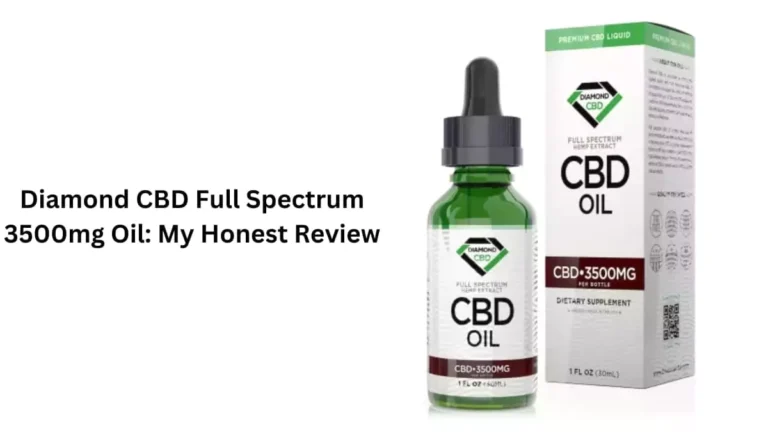CBD oil has gained significant popularity in recent years for its potential health benefits. However, despite its growing popularity, there are still many misconceptions and misunderstandings surrounding CBD oil that may prevent people from using it. In this article, we will explore the most common misconceptions about CBD Oil.
Table of Contents
Here are some of the common misconceptions about CBD oil that we would like to address:
Myth #1: CBD Oil Gets You High
One of the most common misconceptions about CBD oil is that it gets you high like marijuana. However, this is far from the truth. CBD oil is derived from the hemp plant, which contains only trace amounts of THC (tetrahydrocannabinol), the psychoactive compound that gives you a “high” feeling.
CBD oil is non-psychoactive, which means it will not produce any intoxicating effects or alter your state of mind. It may, however, provide a sense of relaxation and calmness.
Myth #2: CBD Oil is Illegal
Another of the common misconceptions about CBD oil is that it is illegal. However, CBD oil that is derived from hemp is legal in most states in the United States, as long as it contains less than 0.3% THC.
The 2018 Farm Bill legalized hemp-derived CBD at the federal level, and many states have also passed their own laws legalizing CBD. However, it is important to note that CBD derived from marijuana is still illegal at the federal level and in many states.
Myth #3: CBD Oil is Addictive
CBD oil is not addictive, unlike THC. CBD oil does not interact with the brain’s reward system in the same way as THC, so it does not produce the same addictive effects. In fact, some studies have suggested that CBD may even help reduce addictive behaviors.
Myth #4: CBD Oil is a Cure-All
While CBD oil has been shown to have many potential health benefits, it is not a cure-all. CBD oil is not a substitute for medical treatment, and should not be used as the sole treatment for any medical condition.
However, CBD oil may be used in conjunction with other medical treatments to help manage symptoms and improve overall well-being.
Myth #5: All CBD Oils are the Same
Not all CBD oils are created equal. The quality of CBD oil can vary depending on the extraction method used, the purity of the oil, and the concentration of CBD in the oil.
It is important to do your research and choose a reputable brand that uses high-quality ingredients and has third-party testing to ensure the purity and potency of their products.
Myth #6: CBD Oil Has No Side Effects
While CBD oil is generally considered safe, it can have some side effects in some people. Common side effects may include nausea, diarrhea, dizziness, and changes in appetite and weight.
It is important to talk to your doctor before using CBD oil, especially if you are taking any medications or have any underlying medical conditions.
Myth #7: CBD Oil Works Immediately
CBD oil does not work immediately, and it may take some time to see the effects. The time it takes for CBD oil to work can vary depending on factors such as dosage, method of consumption, and the individual’s metabolism.
It is important to be patient and consistent with CBD oil use in order to experience its potential benefits.

Common Misconceptions About CBD Oil: Conclusion
CBD oil is a promising health supplement that may offer a range of potential benefits. However, there are still many misconceptions and misunderstandings surrounding CBD oil that may prevent people from using it.
By addressing these common misconceptions and educating people about the true nature of CBD oil, we hope to encourage more people to try this natural supplement and potentially improve their overall well-being.




[…] depends on various factors such as the source of hemp, extraction method, third-party lab testing, CBD concentration, carrier oil, extraction source, and type of CBD extract. When choosing a […]